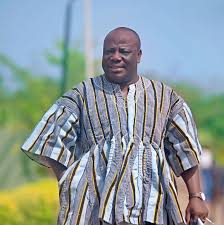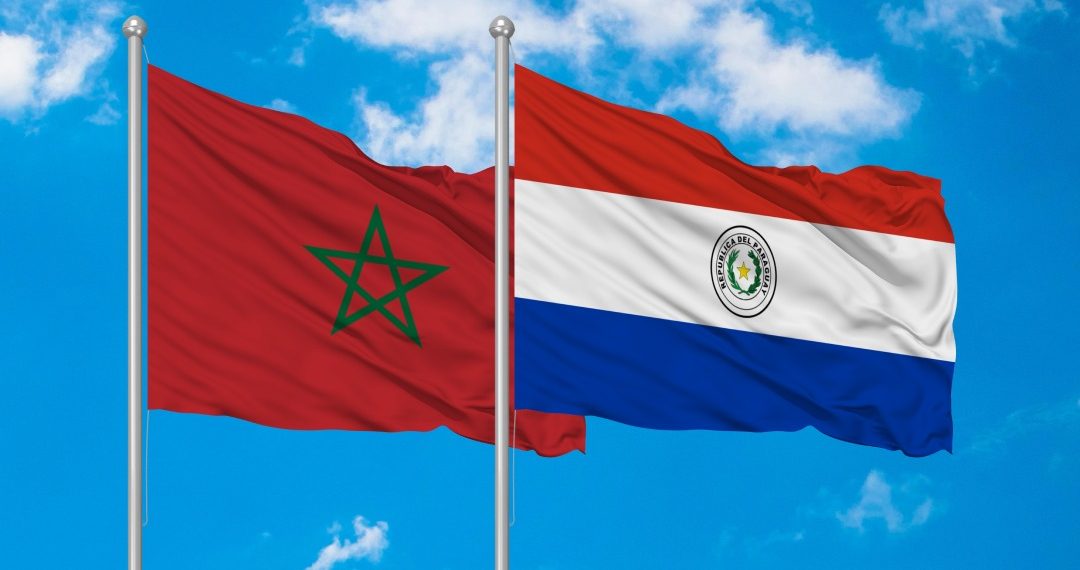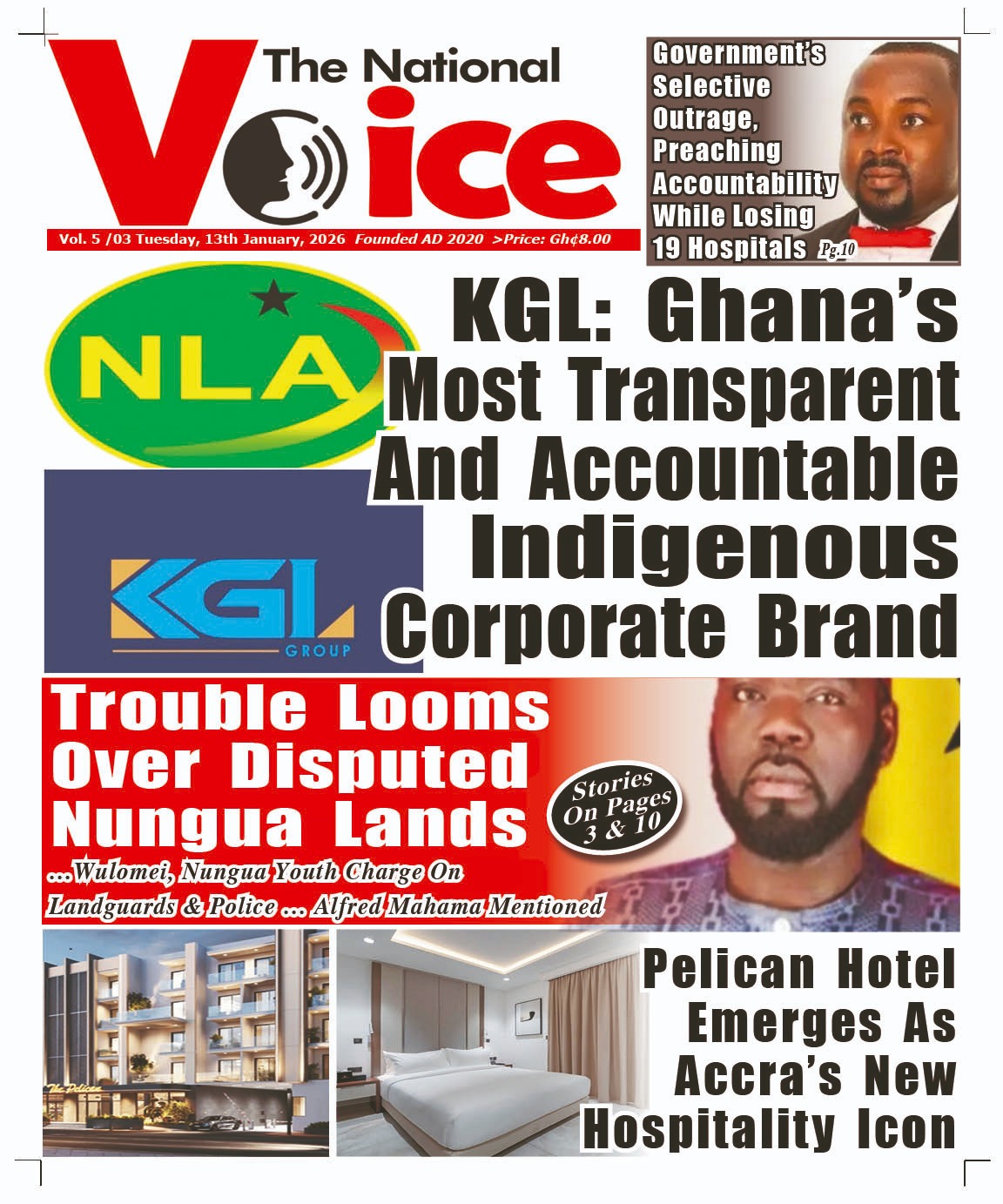Investigative Desk Report
A controversial $181 million agreement involving the ECOWAS Bank for Investment and Development (EBID) and local contractor Engineers & Planners (E&P) has triggered public concern and legal scrutiny, amid claims of corporate overreach, conflict of interest, and potential abuse of state institutions.
The deal centres on the Black Volta Gold Mine in Ghana’s Upper West Region—a high-value project long pursued by Australian firm Ibaera Capital and its local partner, Azumah Resources. Ibaera accuses E&P of attempting to seize control of the mine without fulfilling key contractual obligations, even as EBID, a regional development bank, has stepped in with significant funding.
Dispute Over Ownership and Authority
In 2021, E&P agreed to invest in the gold project by paying $181 million by June 30, 2024, raising financing with Ibaera’ s approval, and entering into an engineering and construction contract. Ibaera alleges that none of these conditions were met, and that the agreement automatically terminated on the June deadline.
Despite this, E&P filed for arbitration in London, claiming Ibaera blocked its efforts and acted in bad faith. Sources close to the matter suggest that Ibaera views this arbitration as an attempt to gain leverage over an asset E&P no longer legally controls.
Under Ghanaian law, Azumah Ghana Ltd—the entity holding the mining lease—remains under the control of Ibaera. This legal fact raises serious questions about E&P’s ability to enter into new financial agreements on the project’s behalf.
EBID’s Role Raises Eyebrows
On July 7, 2025, EBID announced it had signed an agreement to finance the same $181 million that E&P was obligated to contribute. But legal analysts are questioning the basis of that deal: with Ibaera still in control of the project company, it remains unclear who EBID signed the agreement with—and under what authority.
Further complicating matters, two directors who approved the EBID deal—Noel Nii Addo of SSNIT and Nana Dwemoh Benneh of GIIF—also hold positions in state institutions. Critics say this dual role creates potential conflicts of interest, especially as the project remains under legal dispute.
“Public officials cannot wear multiple hats in such a contentious matter without raising governance red flags,” a legal analyst told this paper.
A Test for Public Institutions
Ghanaians are no strangers to controversy involving state-linked firms. But this case touches multiple sensitive areas: the integrity of public officials, the role of regional banks, and the potential abuse of government-linked influence to override private contracts.
The Ghana Infrastructure Investment Fund (GIIF), Social Security and National Insurance Trust (SSNIT), and Minerals Commission are all indirectly connected to the unfolding saga. The involvement of such institutions raises concerns about whether national oversight mechanisms are being sidestepped to push through a politically connected deal.
“There’s the rule of law, and then there’s the rule of who you know. This looks like the latter,” said a retired judge familiar with the matter.
Political Undertones
E&P was founded by Ibrahim Mahama, brother to President John Dramani Mahama. Although the President has not commented publicly, opposition figures are calling for full disclosure and an independent investigation.
“This is not just about a mining deal. It’s about whether the Ghanaian state is being used to advance private interests at the expense of due process,” said a Member of Parliament on the Mines and Energy Committee.
Meanwhile, the Office of the Special Prosecutor has reportedly received a petition to look into possible procurement breaches and misuse of public office.
Where Is the Oversight?
Unlike institutions such as the World Bank or African Development Bank, EBID has yet to publish environmental assessments, stakeholder consultations, or due diligence documents for this transaction—despite its scale and strategic importance.
Ibaera, which has invested over $40 million in the project since 2018, claims that E&P has seized control of board positions, bank accounts, and commercial negotiations without legal authority—actions they describe as “self-dealing.”
With arbitration now underway in London and public scrutiny rising, legal observers say the Ghanaian government may need to step in to prevent further reputational and financial damage.
Public Interest at Stake
Ghana stands to benefit immensely from the Black Volta project—estimated to hold over 1.65 million ounces of gold and employ hundreds in the Upper West Region. But those benefits may be undermined if the legal uncertainty surrounding the project is not resolved transparently.
With ECOWAS involved through EBID and global investors watching, the dispute is fast becoming a litmus test for Ghana’s commitment to rule of law and good governance.
Key Questions for Ghana’s Leaders:
On what legal basis was the EBID loan signed?
Were public officials acting in their official or private capacity?
What role, if any, did political connections play?
Is the Minerals Commission aware of the dispute?
Will Parliament demand full disclosure?
This is a developing story. More updates to follow.


